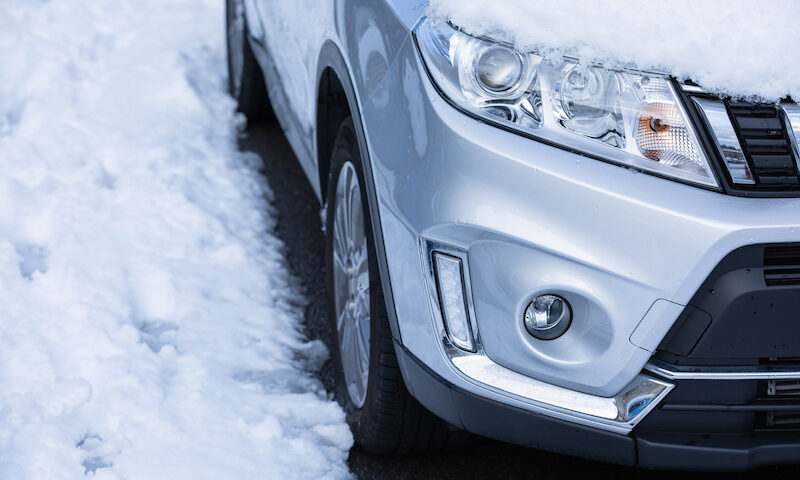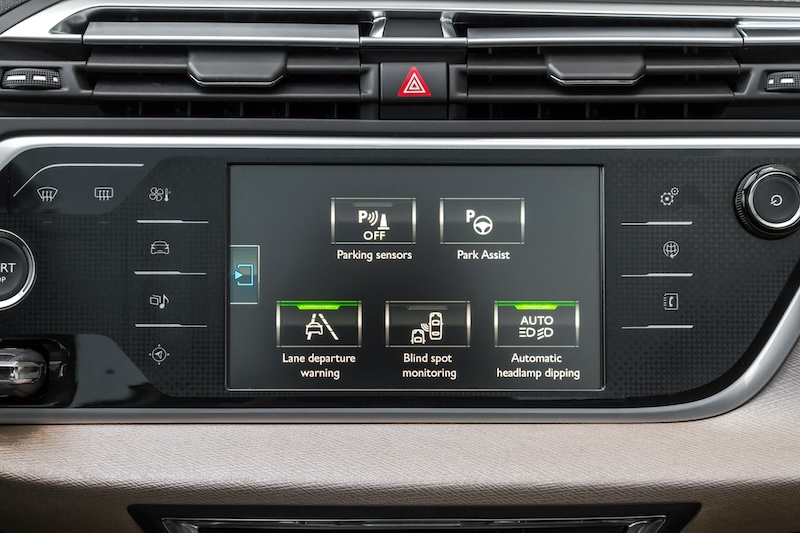6 tips for safe driving after the UK’s urgent snow warning

Drivers could face chaotic weather conditions in the upcoming weeks as the Met Office has issued an urgent weather warning for snow and ice across the UK.
With heavy snow threatening to block roadways and reduce visibility, Bill Plant Driving School has shared tips to help motorists drive safely in wintery conditions.
6 tips for driving in the snow:
1. Snow reduces visibility on the roads, so make sure your wipers are in working order before buckling up. Look out for wear and tear in the rubber – if the blades leave smears on the windscreens, this generally means they need to be replaced.
2. Also, be sure to demist your windscreen before setting off. You can use your air conditioner to clear the glass, or simply leave your windows slightly open to get a better view of the road.
3. Snow and ice can be a nightmare for tyres trying to grip the road, so it’s wise to adjust your speed to keep control of your vehicle. Make sure you complete each manoeuvre with care and avoid excessive acceleration. Be gentle on the throttle and set off smoothly to prevent wheel spin.
4. When slowing down, brake gently and consistently as you go through the gears, so your back lights indicate to other vehicles that you are stopping.
5. Pull off in second gear gently while easing off the clutch to avoid wheel spin. Keeping to higher gears when in motion will lower the revs and help you maintain control over the vehicle.
6. Remember to keep your headlights on when visibility is seriously reduced. A rule of thumb for this is if you can’t see further than 100 metres in front of you, switch them on. You can also turn on your fog lights if necessary.
Pre-travel advice
It’s wise to plan your journey in advance when the weather is bad, especially if you aren’t familiar with the area. So, map out your trip and check the availability of service stations along the way in case you need to stop.
Look at the weather forecast for the day to see if snow or ice is expected and consider delaying your trip if conditions are seriously adverse.
Inspect your vehicle in advance to make sure it’s roadworthy. Focus on the tyres, brakes and headlights in case anything needs to be fixed or replaced.
Pack a winter kit in case of emergencies. This can include a water bottle, a de-icer, food, warm clothes, an ice scraper, a mobile and car charger, a torch, blankets, boots, a snow shovel, and a pair of sunglasses.
Are you prepared to drive in the snow? Review your guide to winter car checks.


